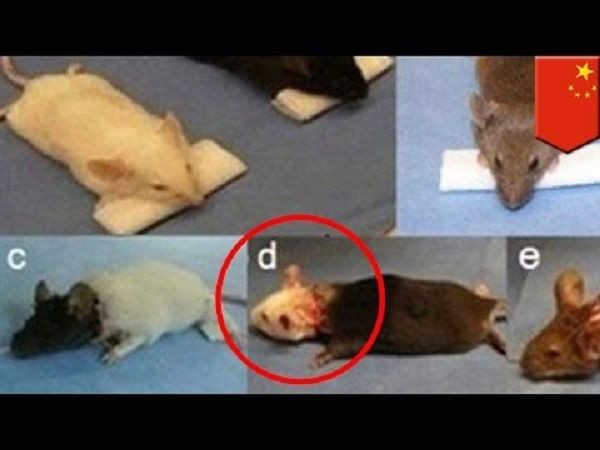Chinese doctors planning whole-body transplants, surgeon considers Frankenstein as expression of humanity’s earliest ideas

The Chinese surgeon, who would work with Italian surgeon Sergio Canavero in performing the world’s first head transplant surgery on a Russian man in December 2017, has an even more ambitious target. Dr Xiaoping Ren, the orthopaedic surgeon, wants to make medical history by performing the world’s first whole-body transplant.
Ren, from the Harbin Medical University in China, is building a team for the whole-body transplant, reports Time. He has tested the possibility in mice and corpses, but the rodents died one day after the procedure.
The Chinese doctor’s confidence comes from his involvement in the first hand transplant in the US in 1999. The procedure involves removing two heads from two bodies, connecting the blood vessels of the dead body and the recipient head. Ren would then insert a metal plate to stabilise the new neck and bathe the spinal cord nerve endings in a substance similar to glue to help in regrowth. The last procedure is to sew up the skin.
The New York Times reports that Ren has several volunteers for the procedure, including 62-year-old Wang Huanming, a retired gas worker who was paralysed from the neck down in 2010 after he was injured during a wrestling match with a friend.
Similar to surgeons’ doubt on Canavero’s planned head transplant, the medical community is also skeptical on the success of Ren’s plan. They blame Ren’s extreme ambition on generous funding from the Chinese government and China’s aspiration to be great in the global medical community.
Dr Huang Jiefu, ex-deputy health minister of China, said in November that it is scientifically impossible to reconnect the neurons once the spine is severed. Dr James Bernat, neurology and medicine professor at the Geisel School of Medicine at Dartmouth College, calls Ren’s plan premature and reckless.
Huang adds that Ren’s planned surgical procedure is ethically impossible. He asks, “How can you put one person’s head on another’s body?”
Data from China’s National Bureau of Statistics say that Beijing invested 1.42 trillion yuan ($216 billion) on scientific research and development, up from 245 billion yuan in 2005. With that much money available for R&D, Sun Yat-sen University researchers altered a gene in a human embryo in 2015 which causes a rare blood ailment, thalassemia.
But some Chinese ethicists and researchers defended the recent medical strides achieved by local scientists and blame the concern of foreign medical experts to professional envy. Zhai Xiaomei, dean of the Peking Union Medical College’s School of Humanities and Social Sciences, wrote in the Developing World Bioethics journal in January that reaction of western commentators misunderstand the present situation. She blames it to unwillingness of critics to recognise China “as an equal partner in the international debate about proper limits to the development of new biotechnologies.”
VIDEO: Cutting-Edge Science: Head Transplants on Mice





















